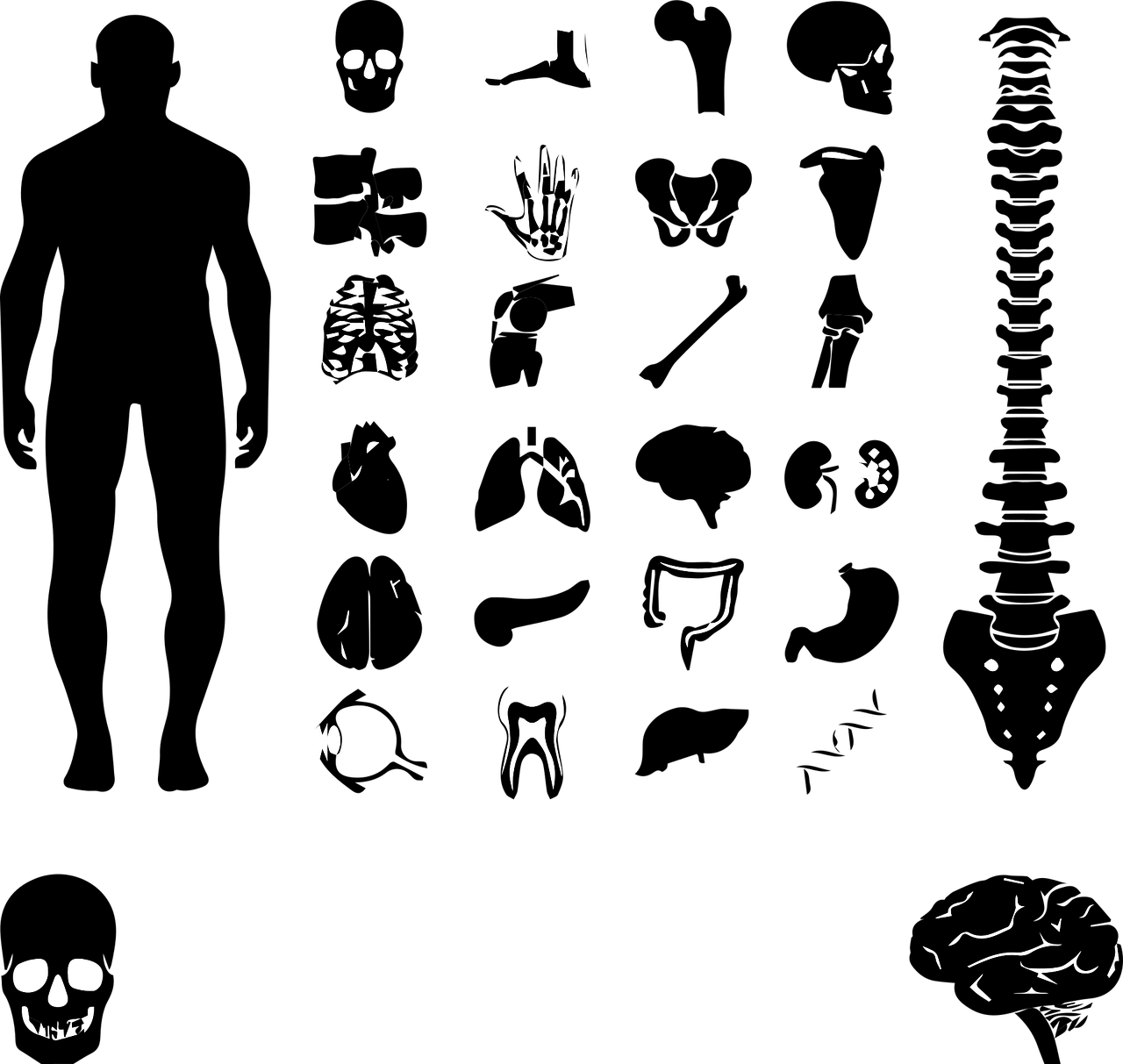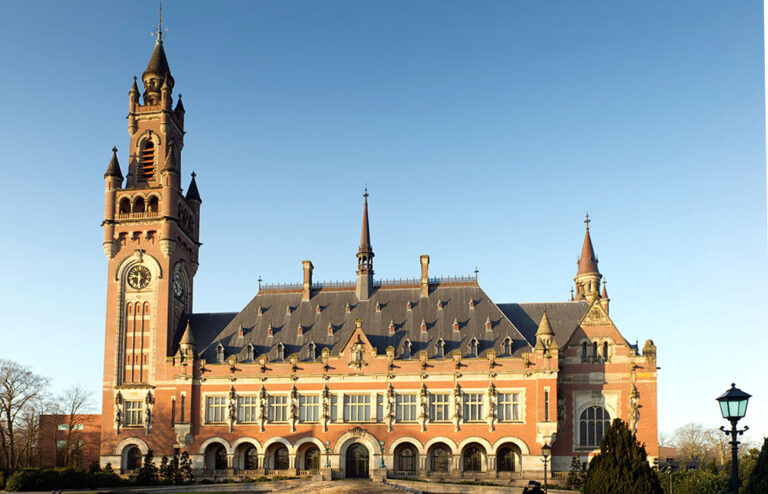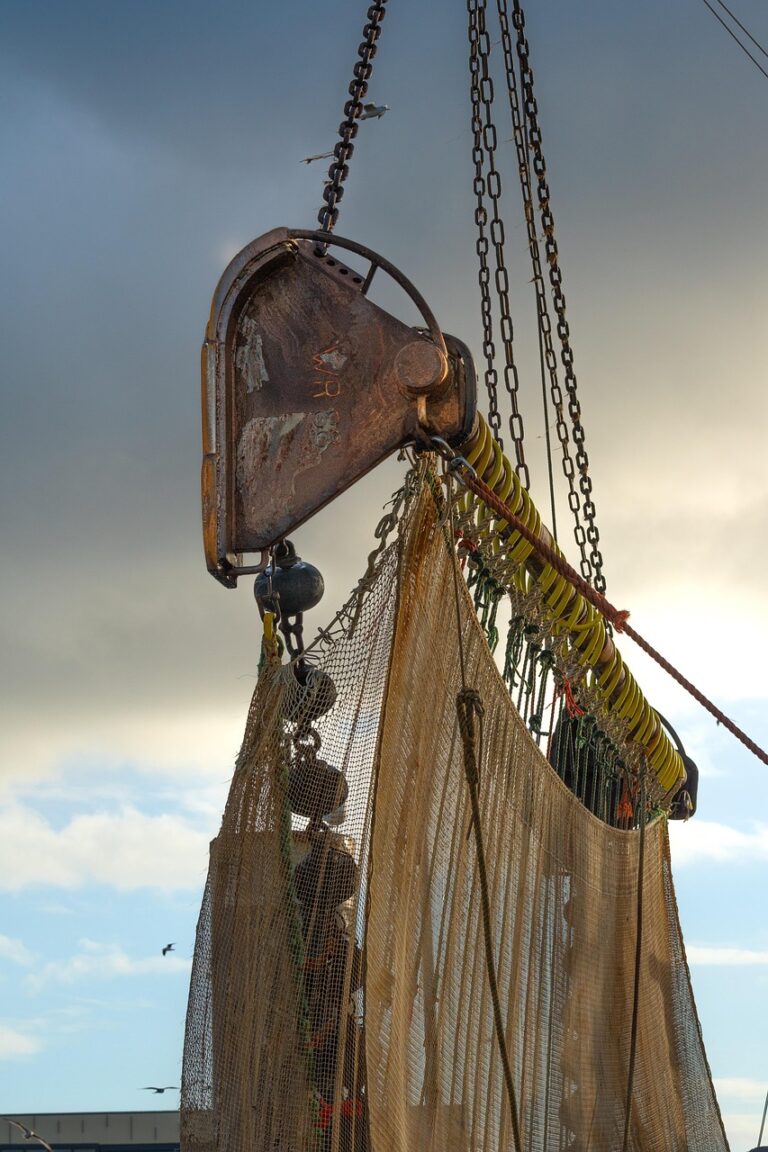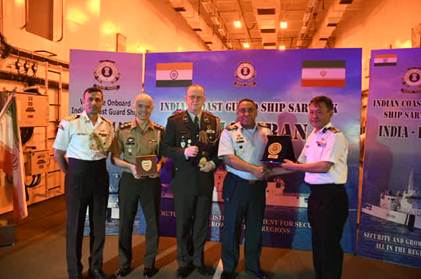
Thiruvananthapuram: The Kerala police have unearthed a massive international organ trafficking racket linking the states of Kerala, Karnataka and Telangana with Iran.
Due to international ramifications and with reports that part of the money may have gone to terror funding, the National Investigation Agency (NIA) is likely to take over further investigations. Central agencies, including NIA, are also investigating the case, and they have completed the preliminary probe, said sources.
The probe by the Kerala police has revealed that several youths from poor socio-economic backgrounds in Hyderabad and Bengaluru were trafficked to Iran for kidney transplantation.
The revelations followed the arrest of a 30-year-old baker turned international racketeer Sabith Nasar of Thrissur.
According to the statements of Sabith, a few people who were taken to Iran for organ donation died there.
Sabith was arrested from the Kochi airport upon his arrival from Iran via Kuwait on Sunday. He was also reportedly under the Maharashtra police radar as he frequently flew to Iran from Mumbai.
He reportedly confessed to police that he took 20 people from India to Iran for organ harvesting.
The report, in possession of a local newspaper, said the recruited youths were admitted to a private hospital in Iran, where they donated kidneys to suitable recipients. They were then treated for three days at the hospital. Subsequently, the donors were provided a 20-day stay at a flat and then flown back to India, the report said.
The donors are paid up to Rs 6 lakh for donating a kidney.
Sources said the Iranian government’s compensation scheme for organ donors and the legal backing it provides could have motivated organ trafficking rackets to transport people from weaker sections in India to Tehran.
In 1988, Iran legalised living non-related donation (LNRD) of kidneys and established an associated transplantation system. This government-organised system regulated and funded the transplantation process and compensated donors.
Regulated paid donor kidney transplants in Iran number around 1,500 per year, and constitute 70% of the total transplants, according to reports. The donors are paid $1,200, and additional monies are negotiated between the recipient-donor pair, according to a paper ‘Regulated compensated donation in Pakistan and Iran’, published in 2009.
The prime accused Sabith initially worked in bakeries in 2017, after securing a diploma in civil engineering. He later moved to Kochi and took up various jobs before relocating to Iran in 2019 to assist patients with organ transplants at a hospital in Tehran.
It is from here that Sabith began arranging donors for kidney transplants and got involved in the organ trade network.
*Shankar Raj is a former editor of The New Indian Express, Karnataka and Kerala, and writes regularly on current affairs.





